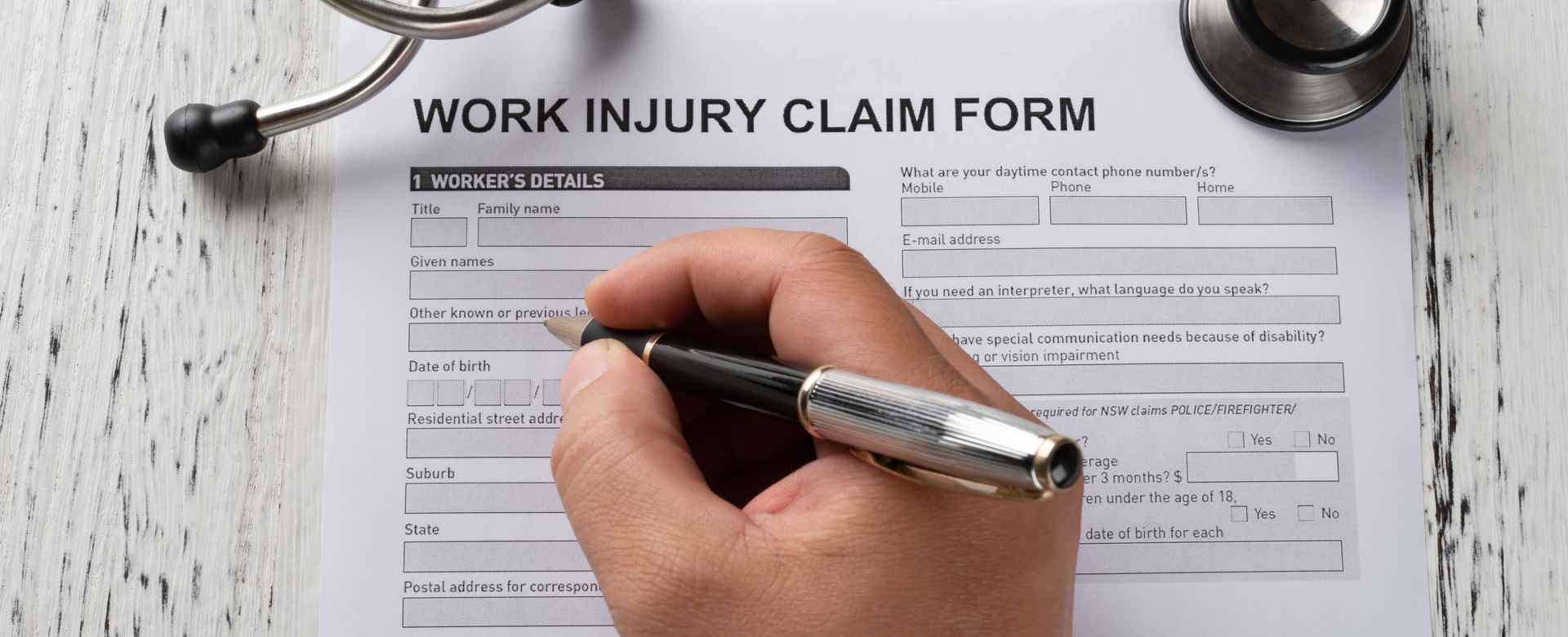Why TPAs Partner with IROs for Workers’ Comp Claims
December 17, 2019

Navigating the world of workers’ compensation claims can be challenging. Let’s break it down by the roles third-party administrators (TPAs), independent review organizations (IROs) and independent medical exams (IMEs) play in processing WC claims.
What is a Third-Party Administrator?
A third-party administrator is an independent organization that handles and processes insurance claims in accordance with state laws. Often, when an insurance company can’t operate their own claims office, they work with a TPA to handle workers’ comp claims for them. Though the TPA handles the claims themselves, the insurance company or self-insured employer is still financially responsible for paying the cost of these claims.
How do TPAs and IROs work together?
When an employee submits a WC claim, they usually undergo an insurance medical examination to assess the severity and breadth of their injury. If a company’s claims are being handled by a TPA, a TPA will partner with an independent review organization (IRO) to facilitate the medical review process.
As an IRO, MLS employs a nationwide network of licensed physician reviewers who work with insurance companies, TPAs and self-funded employers to assess the clinical aspects of workers’ comp claims. MLS provides a variety of services for workers’ comp cases, including:
- Independent medical exams (IME)
- Peer reviews
- Functional capacity evaluations (FCE)
- Impairment ratings
Why would someone need an independent medical exam?
If an employee is injured on the job, a physician will administer a medical exam to help determine what kind of treatment the individual needs. However, if an insurance company would like more information regarding the injury or even disputes that doctor’s findings, an independent medical exam (IME) may be necessary. IMEs are performed by board-certified, practicing physicians who provide unbiased medical opinions. An IRO can help facilitate these exams and will provide a peer review of the IME’s findings.
Why are peer to peer reviews important?
As part of the workers’ comp review process, MLS facilitates a peer to peer medical review, during which a specialty-matched physician takes a close look at the case to assess the nature of and proposed treatment of the injury. Peer reviews can also be an effective step to circumvent unnecessary treatment of the injured party. By using evidence-based medical guidelines, companies can avoid unnecessary treatment or treatment that falls outside of a jurisdiction’s guidelines for injured workers and instead focus on investing in better safety standards and preventive health initiatives. A peer review and its sometimes accompanying IME can help to manage claims by determining impairment ratings and whether an employee is fit for duty. By keeping these claims moving, an IRO helps the process that allows employees to get back to work faster.
The bottom line
When third-party administrators partner with independent review organizations, they help move claims forward and potentially expedite the employee returning to work. This ensures a smooth process that benefits employers and employees alike.
Sign up for Updates:
Privacy Details
By submitting this form, you are consenting to receive marketing emails from: MLS Group of Companies, LLC. You can revoke your consent to receive emails at any time by using the Unsubscribe link, found at the bottom of every email.

